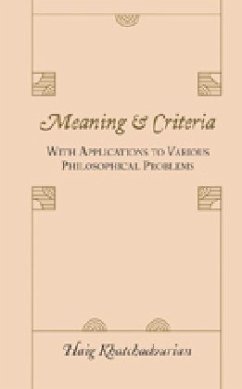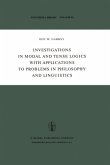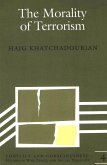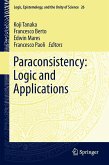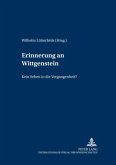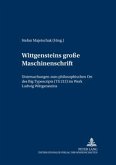This book aims to provide an in-depth understanding of linguistic meaning, a central theme in twentieth-century philosophy, and its various connections with criteria. Part I examines four major recent theories of meaning, linguistic rules and conventions, and practices. In Part II, after an extended analysis of the concept of criterion against the backdrop of Ludwig Wittgenstein's Philosophical Investigations and the post-Wittgenstein period, various connections between criteria and meaning are revealed in relation to both non-evaluative and evaluative concepts. The last chapter details various sorts of error and confusion in a host of important philosophical views resulting from an improper understanding of criteria, conditions, and evidence.

